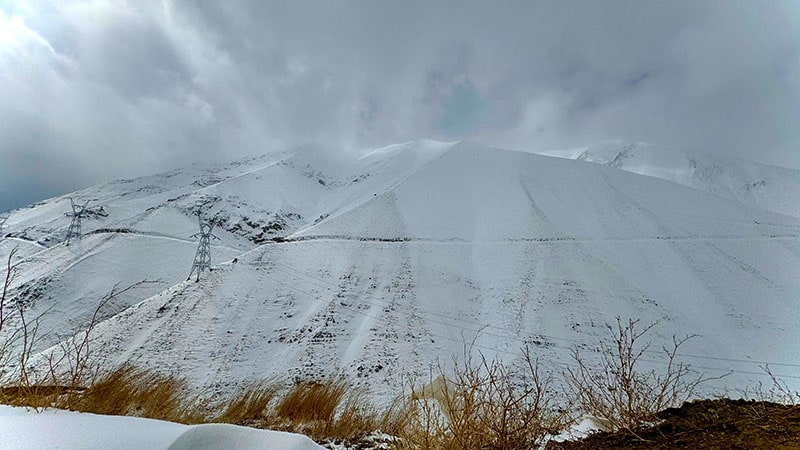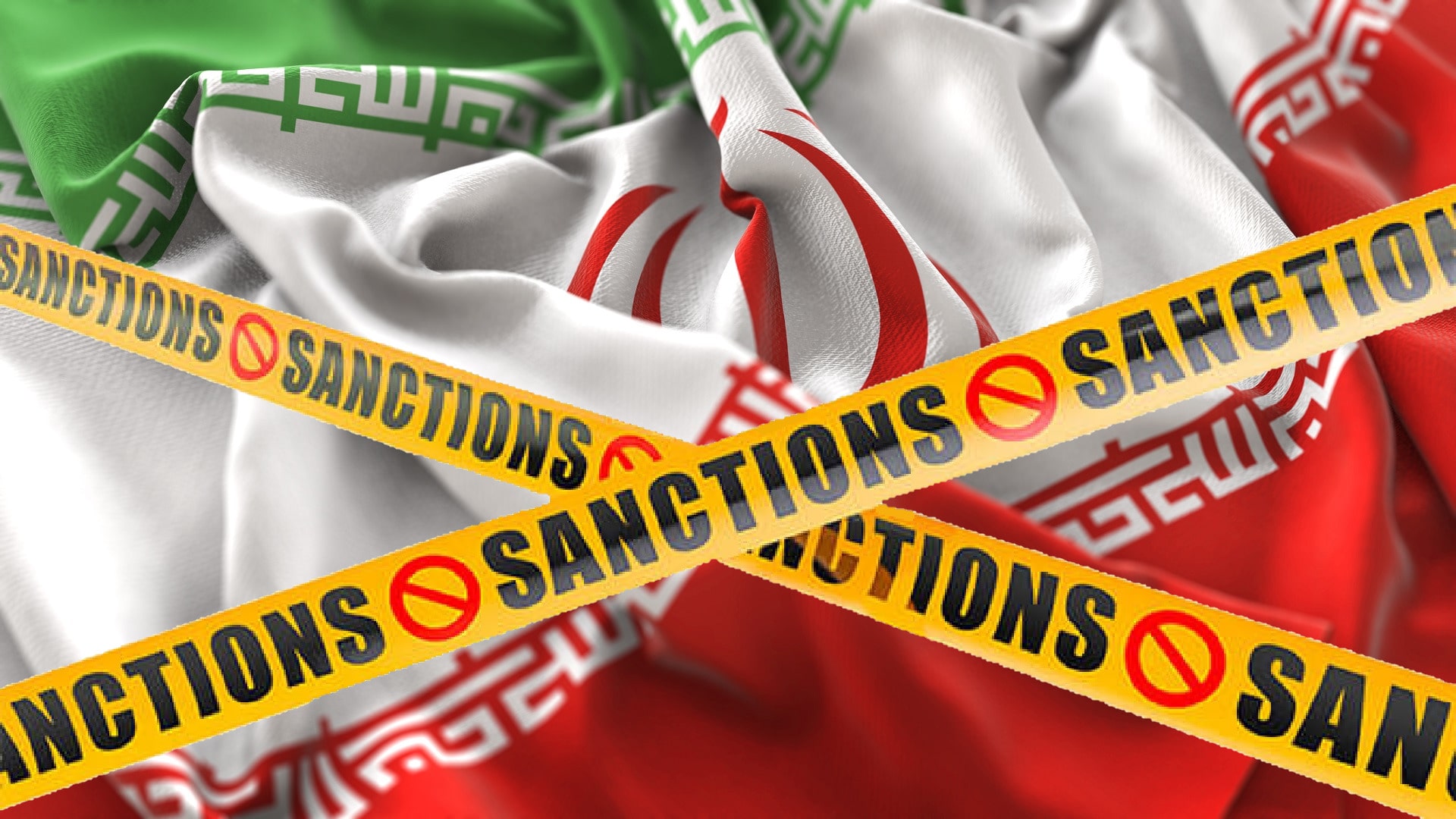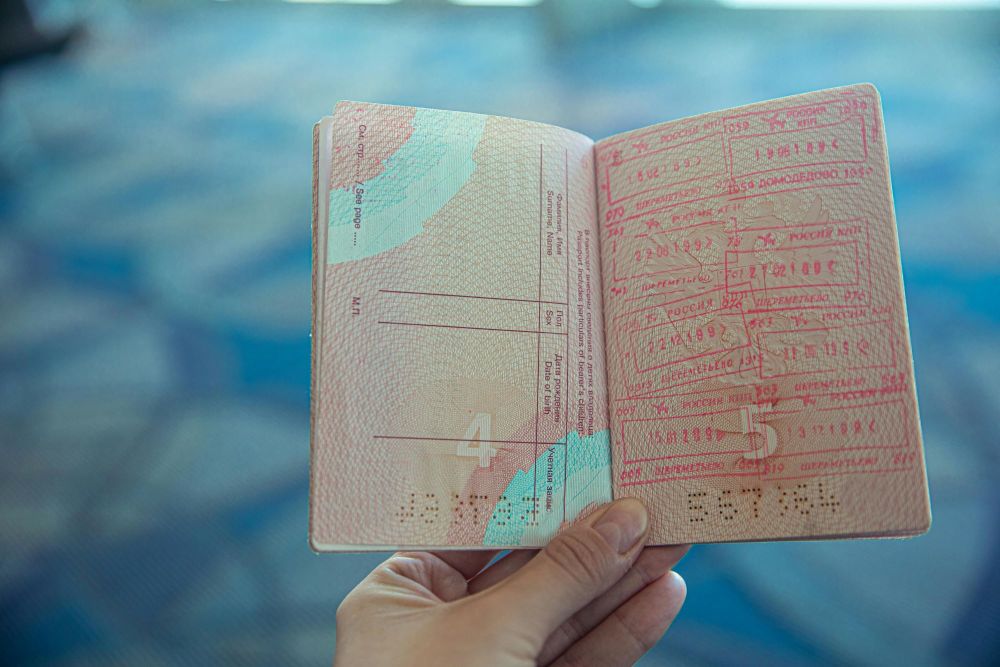Understanding the Latest Iran Sanctions and Their Impact on Travel
Posted on September 27, 2025
On September 27, 2025, the United States and European Union announced a new round of coordinated sanctions against Iran, marking the most significant restrictions imposed in over two years. These measures directly impact international travelers planning visits to Iran, with implications for visas, financial transactions, and travel logistics. This guide provides an honest assessment of what these changes mean for tourists, business travelers, and those visiting family in Iran.
Overview of the September 2025 Sanctions
The new sanctions package targets Iran's financial sector, transportation industry, and specific government entities. Key elements include:
1. Expanded Financial Restrictions
The U.S. Treasury Department has designated an additional 15 Iranian banks and financial institutions, effectively cutting them off from the global financial system. This means:
- Credit and debit cards issued by major international providers (Visa, MasterCard, American Express) will no longer work at Iranian ATMs or point-of-sale terminals.
- International wire transfers to Iran will face enhanced scrutiny and likely rejection by intermediary banks.
- Travelers will need to bring all necessary funds in cash, primarily U.S. dollars or euros.
2. Transportation Sector Sanctions
New restrictions target Iran's aviation and shipping industries:
- Additional Iranian airlines have been added to sanctions lists, potentially affecting flight availability and safety standards.
- Insurance coverage for flights on Iranian carriers may be compromised, raising liability concerns.
- Shipping of personal goods to Iran faces new limitations.
3. Visa Processing Changes
While not directly part of the sanctions, several countries have announced tightened visa procedures for Iranian travelers and reciprocal measures affecting foreign nationals seeking Iranian visas:
- Processing times for Iranian visas may increase due to enhanced background checks.
- Some countries have suspended visa-free transit for Iranian passport holders.
- Business visas now require additional documentation proving legitimate commercial activities.
Immediate Impact on Travelers
These sanctions create practical challenges for anyone planning to visit Iran:

Financial Considerations
Cash remains king for travelers to Iran, but with important caveats:
- Bring sufficient U.S. dollars or euros to cover your entire trip, as accessing additional funds will be extremely difficult.
- Exchange money only at authorized exchange offices (sarrafi) and keep all receipts for exit requirements.
- Budget 10-15% more than initially planned, as sanctions typically cause currency fluctuations and price increases.
- Consider using prepaid travel cards loaded before departure, though functionality may be limited.
Flight and Transportation Issues
Air travel to and within Iran faces new challenges:
- Several European airlines have suspended or reduced service to Iran.
- Flight prices may increase due to reduced competition and higher insurance costs.
- Consider routing through regional hubs like Istanbul, Dubai, or Doha if direct flights become unavailable.
- Domestic flights within Iran remain operational but may experience schedule disruptions.
Accommodation and Booking Challenges
International booking platforms face restrictions:
- Major hotel booking websites may block reservations for Iranian properties.
- Consider contacting hotels directly via email or phone for reservations.
- Payment for accommodations will likely need to be made in cash upon arrival.
- Some international hotel chains have suspended operations in Iran, reducing options for Western-style accommodations.
Communication and Connectivity
Sanctions affect digital accessibility:
- International roaming may be limited or unavailable in Iran.
- App stores and some websites may be inaccessible without VPN services.
- Download essential apps (maps, translation, VPN) before arrival.
- Purchase a local SIM card upon arrival for reliable communication.
Long-Term Implications for Tourism
Beyond immediate travel disruptions, these sanctions will likely reshape Iran's tourism industry:
Reduced International Visitors
With increased logistical challenges and negative media coverage, Iran may see a significant decline in Western tourists, potentially reversing the growth trend observed in recent years.
Shift in Tourism Demographics
Regional visitors from neighboring countries who face fewer financial restrictions may constitute a larger percentage of Iran's tourism market.
Domestic Tourism Focus
Iranian tourism authorities may pivot toward promoting domestic travel and attracting visitors from countries with less restrictive financial systems.
Practical Advice for Travelers
Despite these challenges, travel to Iran remains possible with careful planning:
Before You Go
- Check travel advisories from your government for the latest security information.
- Apply for your Iranian visa well in advance, anticipating longer processing times.
- Inform your bank of your travel plans to avoid card blocks for transactions in neighboring countries.
- Purchase comprehensive travel insurance that specifically covers Iran.
- Register with your embassy upon arrival if recommended by your government.
During Your Stay
- Always carry your passport and visa documentation.
- Use reputable tour operators who understand the current regulatory environment.
- Keep emergency contact information for your embassy and local contacts.
- Be prepared for occasional shortages of imported goods and medicines.
Cultural Sensitivity
Remember that sanctions affect ordinary Iranians most directly. Approach conversations about politics and international relations with sensitivity and respect.
Looking Ahead
While the September 2025 sanctions present significant hurdles for travelers, Iran's rich cultural heritage and renowned hospitality continue to make it a rewarding destination for those willing to navigate the complexities. The situation remains fluid, with potential for diplomatic developments that could ease restrictions.
Travelers should monitor official channels for updates and consult with experienced tour operators who can provide current information on the ground reality. Despite the challenges, meaningful cultural exchange remains possible between Iran and the international community.
Have you traveled to Iran recently? Share your experiences and tips in the comments below.



